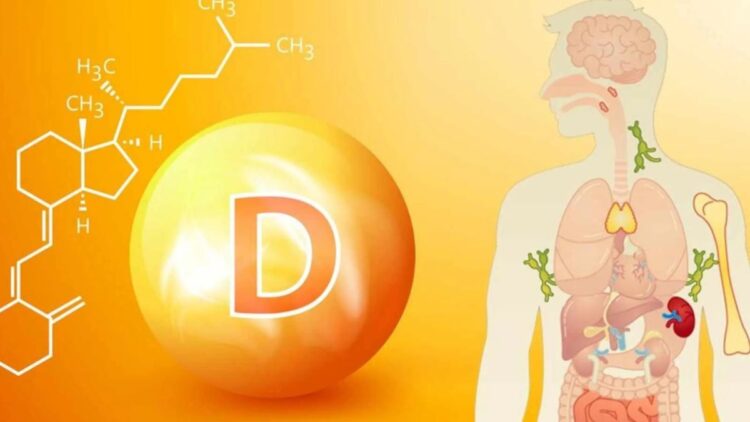Vitamin D deficiency
Vitamin D deficiency is increasing rapidly due to today’s run -of -the -mill life and habit of living in low sun. This is a problem that is not taken seriously in the beginning, but its effect slowly deepens on the body. According to health experts, ignoring vitamin D deficiency can lead to not only harmful but also many serious diseases for the body. According to Associate Director and Head Orthopedics, Dr. Sunil Chaudhary at Asian Hospital, Vitamin D is not only for bones, but also a very important nutrient for the whole body.
What is the role of vitamin D?
Vitamin D helps to absorb calcium and phosphate in the body, which is necessary to keep bones, teeth and muscles strong. Apart from this, it also strengthens immunity.
Diseases due to vitamin D deficiency:
Osteoporosis and bone weakness: Vitamin D deficiency reduces calcium absorption in the body, which weakens bones and increases the risk of fracture.
Rickets (in children): In children, this disease makes bones crooked. This condition is caused by a huge deficiency of vitamin D.
Osteoomelasia (in adults): This disease affects adults with bone pain and muscle weakness.
Muscle pain and fatigue: Feeling tired even without hard work and muscle pain can be a sign of vitamin D deficiency.
Weakness of the immune system: Vitamin D deficiency reduces immunity, causing frequent colds or other infections.
Depression and mood disorder: Vitamin D is also associated with mental health. Its deficiency can lead to mood swings, anxiety and depression.
Heart diseases: According to research, deficiency of vitamin D can increase the risk of cardiovascular diseases.
Diabetes risk: Some studies have found that vitamin D deficiency may increase the risk of type 2 diabetes.
Hair loss: One reason for frequent hair loss can also be the deficiency of vitamin D.
Autoimmune diseases: Multiple sclerosis (MS), rheumatoid arthritis etc. have also been linked to vitamin D deficiency.
How to rescue?
Take incense: Today most people protect themselves from the sun, due to which the body is not able to make vitamin D naturally. Every person should take the morning sunlight of 15-20 minutes at least 3-4 times a week. Staying in the sun for 20-30 minutes between 7 am and 10 am is the natural source of vitamin D.
Improvement in diet: Include foods like eggs, fish, milk, curd, cheese, mushrooms in the diet.
Supplements: If a deficiency in medical examination is found, vitamin D supplements can be taken with the advice of a doctor. Also, vitamin D should be tested regularly, especially those who spend more time in the office or home. If it is supplied in time, many serious diseases can be avoided.
Disclaimer: (Tips suggested in this article are only for common information. Start any kind of fitness program or make any kind of change in your diet or consult your doctor before making any measures related to any disease. India TV does not confirm the authenticity of any kind of claim.)
Latest health news










